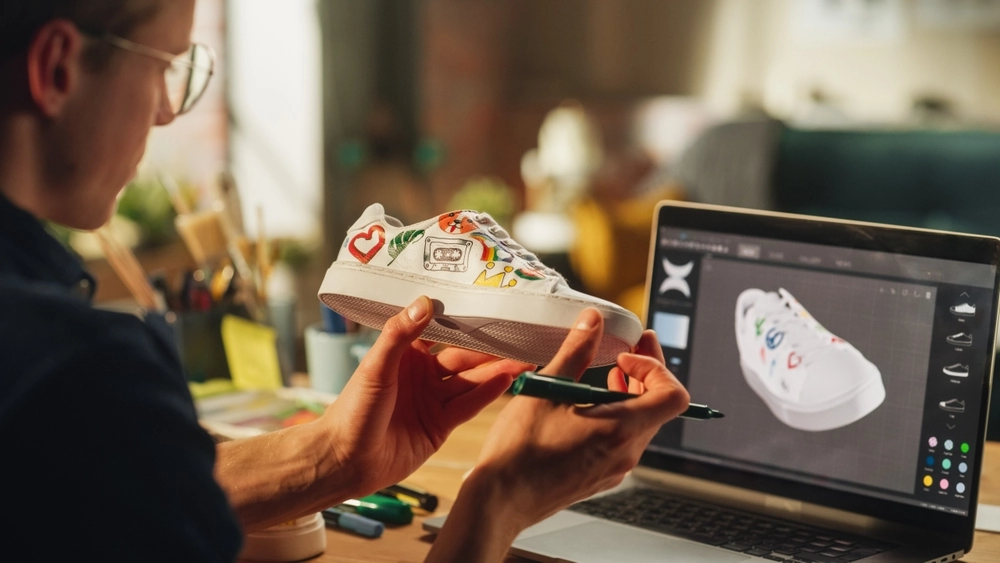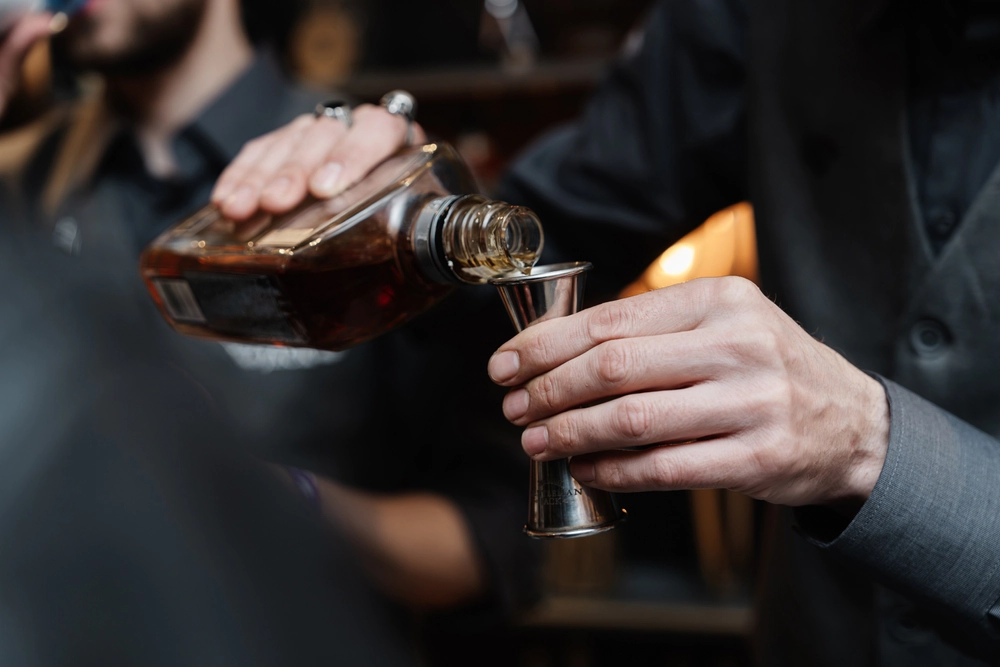
Protect your brand in the EU: how to combat counterfeit goods and strengthen your IP rights


The European Union (EU) has introduced new measures to help businesses, including those in the UK, to control counterfeit goods entering the region.
These initiatives aim to provide practical tools, making it easier for companies to protect their Intellectual Property (IP).
To take advantage, businesses need to understand how these tools work and ensure that they have appropriate Intellectual Property (IP) in place.
In this article, Ranee van der Straaten, IP lawyer and anti-counterfeiting specialist at Banning Attorneys, and Ben Travers, Head of IP at Foot Anstey, explore how UK brands can utilise cross-border collaboration to control counterfeits in the EU.
The battle against counterfeit goods
In 2023, EU law enforcement authorities seized 152 million fake items - an increase of 77% from the previous year. The European Union Intellectual Property Office (EUIPO) reports that most counterfeit products are games, toys, CDs and DVD’s, labels, and packaging materials. However, counterfeit alcohol, pharmaceuticals and even car parts also regularly enter the supply chain.
Counterfeit products can be extremely harmful to the economy and to health and safety. No one wants dangerous toys in the hands of their children or unsafe cosmetics on their skin. Additionally, counterfeit products often fund other illegal activity.
Fight counterfeiting by filing an eAFA
Based on the EU Customs Regulation (No 608/2013), EU Customs can detain alleged counterfeit goods at the EU borders. To involve customs, the IP owner must submit an Application of Action (AFA). This can either be a national AFA for one EU Member State, or a Union AFA, which covers multiple EU Member States.
Since 3 October 2024, all AFA’s must be filed electronically via the IP Enforcement Portal (IPEP) or – in Germany, Spain and Italy – the respective national portals, this can be done by the business itself or by their legal representative.
The EUIPO does not charge for submitting an AFA.
Top tips for managing eAFA’s
- AFA’s are only valid for one year. Make sure you have an account – or your legal representative has one for you – well before your AFA expires, so that you can submit an extension request via IPEP in good time.
- All company information in the IPEP is linked to the business's Economic Operators Registration and Identification (EORI) number. Be sure to keep your EORI numbers updated, filed and to hand when filing an AFA.
- Help customs recognise counterfeit goods by providing detailed information on the products and their protected IP rights. Include details about the characteristics of the original products, as well as their production and distribution.
Strengthen your IP rights
As with any enforcement process, it is vital that businesses ensure they have the right IP tools to bring an action. This includes ensuring that their registered IP portfolio is up to date. Often, businesses do not proactively manage their trade mark registrations and this can have a negative impact on their ability to deal with counterfeits.
For example, as brands evolve into offering new goods and services (often driven by technological advances, such as the shift towards virtual goods or the use of AI in service delivery) new trade mark applications may be needed to cover these items. Similarly, new logos and other iterations of a brand as it evolves will need to be registered.
It is not uncommon for distributors, agents, or manufacturers to register the brands of the organisations they are working with in certain territories to protect their position. It's crucial to ensure that this is monitored by the true IP owner, dealt with in relevant agreements, and enforced.
Collaboration across borders
If you need assistance with catching counterfeit goods at the Dutch borders or in the wider EU please contact Ranee van der Straaten, IP lawyer and anti-counterfeiting specialist at Banning Attorneys, or Ben Travers, Head of IP at Foot Anstey.












